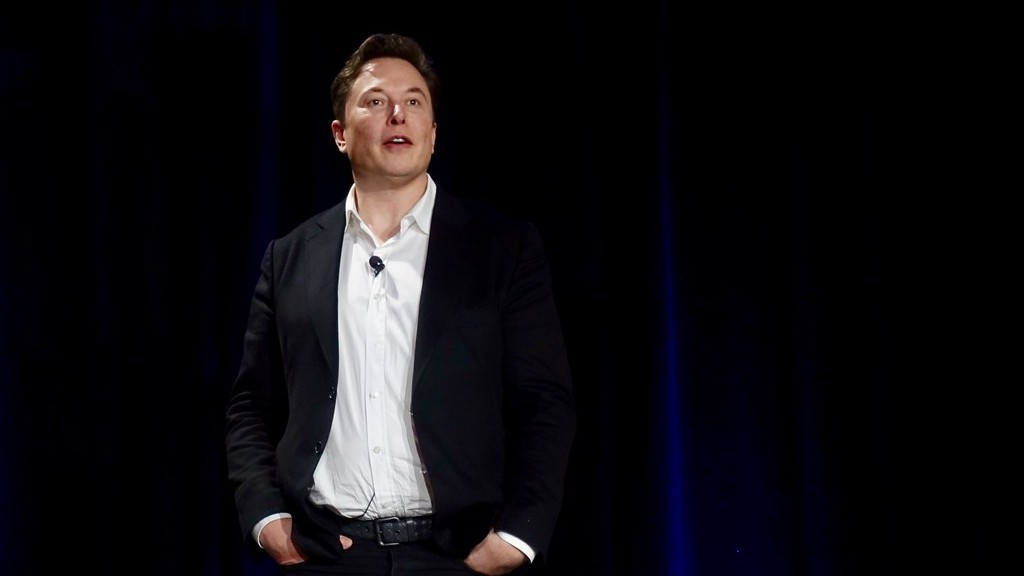Mark Zuckerberg has been spearheading the networking revolution since he launched Facebook. As the youngest billionaire in history, Zuckerberg is often held up as an example for people who want to make it big in tech. But, in the wake of some recent scandals, many people are now asking the question of whether Zuckerberg is a fraud.
On the surface, Zuckerberg certainly has a lot of impressive credentials. He founded a company that has revolutionised social media and transformed the way people network – achieving incredible growth and a massive global reach in the process. He has experienced huge amounts of professional and personal success, with Bloomberg estimates indicating his wealth to be around $36.5 billion. For some, he is therefore a positive example of drive, ambition and success.
However, there also have been a number of scandals surrounding Zuckerberg. After Facebook was accused of mishandling user data and privacy breaches, millions of people decided to delete their accounts in protest. The ugly truth is, Zuckerberg’s tech empire is built on the commodification of people’s data, and he has been accused of using unethical tactics to keep the company’s revenue high. Additionally, his company has been accused of failing to check for false information on Facebook’s platforms, potentially skewing elections and creating “filter bubbles” that lead to people exposing themselves to biased information.
In the assessment of Pew Research Center, experts generally acknowledge that these issues emanate from a misplaced emphasis on “growth first”, something which they say Zuckerberg enabled through ignoring ethical implications of the tech industry. There’s even been reports of him using tax loopholes to decrease his tax contributions, suggesting that even when confronted with the moral implications of his behaviour, he’s willing to put his own interests first. In short, for many people, this paints an unsavoury picture of Zuckerberg as a potential fraud.
It’s easy to understand the feeling of distrust towards Zuckerberg. Although he’s made bold steps in making sure the company’s more widely used products are secure and data is kept private, he has previously been critical of government oversight of companies. As a result, many people are left wondering about the validity of his pledges for greater security, with some believing he will be more interested in profits than in changing the company’s policies. Critics have also accused him of using his influence in the tech world to influence politics and to maintain conservative advantage.
Data manipulation
Recent reports of data manipulation by Facebook have only raised the suspicions of many. After the Cambridge Analytica scandal and the accusations of using data to influence the 2016 US Presidential election, many people have raised questions about the validity of Zuckerberg’s methods and practices. With his company being investigated by the US Congress and other global governmental forces, not to mention the ongoing global conversation regarding data usage, credibility in Zuckerberg’s ability to self-regulate has been undermined.
Above all, it is clear that the data manipulation put in place by the company has made it difficult for people to trust Facebook and its founder. Even though Zuckerberg has apologised for the mistakes his company has made and has taken some steps to increase transparency, there are many critics who still believe that Facebook is a for-profit company that prioritizes profits over people’s data. As a result, the issue of data manipulation remains a major issue for many users.
Given the recent scandals and reports of data manipulation, it’s easy to see why many people are questioning whether Zuckerberg is a fraud or not. His credentials and accomplishments are undeniably impressive, but his questionable methods and some of the practices of his company have caused people to question his commitment to ethics and privacy. Zuckerberg’s success has been built on the business model of commodifying people’s data, and as such it isn’t surprising that many see him as a fraud.
Access to user data
Furthermore, the access to user data by third parties is further fuelling the distrust in Facebook and Zuckerberg, as the wide range of social hubs and lists that produce user data show that the company is willing to share access to private information and the level of user data accessed by third parties is still unclear. This has caused concern for the privacy of an estimated 2.2 billion people around the world, leaving many with the feeling that Zuckerberg is not to be trusted.
Most recently, the company has taken heat for its CEO’s monetised agreements with political campaigns and its attempts to employ inhouse lobbyists to influence politics. These stories highlight the power that Zuckerberg possesses and his willingness to use it for his own personal gains and the excessive control that he currently has over the company. Faced with the widespread public opinion among tech-savvy users that Facebook’s control of the public’s data is excessive and invites unethical behaviour, it’s no wonder why people are questioning whether Zuckerberg is a fraud.
Facebook is an influential part of the digital landscape, with its data falling under the control of a relatively small number of top execs. This creates an environment of uncertainty, in which Zuckerberg’s credibility is constantly being scrutinised by a public increasingly distrustful of big tech companies.
False promises
Another factor that has influenced the argument that Zuckerberg is a fraud is the sheer number of times he has promised to do better. From the outset, the Facebook CEO has promised to put users’ privacy above profit and put greater emphasis on data security. Whether it’s been from his mouth or from the company’s press releases, Zuckerberg has made numerous pledges in regards to data protection. Despite this, Facebook has consistently failed to adequately protect user data.
Additionally, questions have been raised about the amount of power he holds over the company and whether he is using it for his own gain. This has come to light with his monetisation agreements with political campaigns, reports that he has asked his staff to plant positive stories in the press and other reports of control. As the scrutiny around the tech world continues to increase, the public’s trust in Zuckerberg and the practices of his company continues to fall.
Corporate irresponsibility
The main conclusion one could draw here is that Zuckerberg has a tendency to be corporate irresponsible in some areas of his business – whether it’s handling data, influencing politics or using his influence to further his own interests. This has made some users wonder whether he is a fraud and additionally raised concerns about the security and privacy of user data.
Furthermore, it also has to be recognised that while Zuckerberg has taken steps to increase transparency and security, it hasn’t been enough to change his reputation in the eyes of many. It could be argued that while he may not be an individual fraud, his company has been guilty of violating people’s trust – something which Zuckerberg himself has been accused of enabling.
Additionally, the conflict of interest between Zuckerberg’s personal interests and those of his company have caused doubt about his motives and intentions. From a moral standpoint, he appears to be following his own desires rather than doing what’s best for his users. And, with such a powerful position comes responsibility, something which many argue Zuckerberg has not taken seriously.
Unaccountability
On top of this, there is the larger issue of Zuckerberg’s complete lack of accountability. His decisions involving data manipulation and privacy breaches have not faced any real repercussions and despite numerous public apologies, he and his company have managed to remain out of the judicial system. This has caused public outcry, with many users feeling as if they have no option but to accept his word and trust that he will do better this time.
As a result, it is worrying that there’s seemingly little stopping Zuckerberg and his company from continuing this pattern. This lack of oversight and accountability only serves the conclusion that Zuckerberg is a fraud, as he still maintains significant control and influence over his company, despite the fact that it often isn’t in the best interests of his users.
Reputation
Ultimately, the reputation of Zuckerberg has been damaged significantly by the past and current scandals involving Facebook. Despite his many credentials, the discussion around him being a fraud is increasingly being heard – something which is creating a huge amount of tension between tech and politics, as “techlash” continues to shape the global conversation.
All in all, it is hard to separate Zuckerberg from the scandals and issues in which he has been implicated – something which has created a reputation for him which has been dominated by the narrative of a potential fraud. Whether or not this is true is something that only time will tell, but there is certainly a lot of evidence to suggest that this might be the case.

